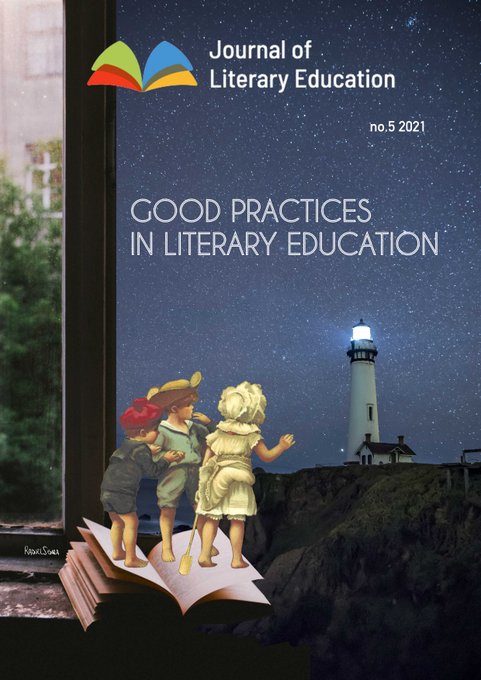Editorial: Good practices in Literary Education
DOI:
https://doi.org/10.7203/JLE.5.22947 Abstract
Abstract
This issue of the Journal of Literary Education is dedicated to Good Practices, i.e. case studies,
methods, teaching practices and activities that have proven to be successful and useful for
the teaching of literature and literary education in general. However, Good Practices are
inextricably linked to the theory, theoretical developments and paradigm shifts that have
shaped literary education as an academic subject. Thus, good practices reflect a shift in
philosophy and teaching methodology in the teaching of literature, moving the teaching of
literature away from the strict text-centered model. Literature teaching is now understood as
a field of self-active learning and creation, experiential literary experience, active reading and
making sense of the world of texts. The cultivation of literacy, aesthetic enjoyment, the
effortless interaction of the student-reader with the text, multiple activations and student
expressions are just some of the main axes of the good practices presented in the
contributions of this special issue.
 Downloads
Downloads
Downloads
Published
-
Abstract436
-
PDF279
Issue
Section
License
![]()
This work is licensed under a Creative Commons Attribution-NonCommercial-NoDerivatives 4.0 International License.
Authors who publish with this journal agree to the following terms: Authors retain copyright and grant the journal right of first publication with the work simultaneously licensed under a Creative Commons Attribution License that allows others to share the work with an acknowledgement of the work's authorship and initial publication in this journal. Authors are able to enter into separate, additional contractual arrangements for the non-exclusive distribution of the journal's published version of the work (e.g., post it to an institutional repository or publish it in a book), with an acknowledgement of its initial publication in this journal. Authors are permitted and encouraged to post their work online (e.g., in institutional repositories or on their website) prior to and during the submission process, as it can lead to productive exchanges, as well as earlier and greater citation of published work (See The Effect of Open Access).




